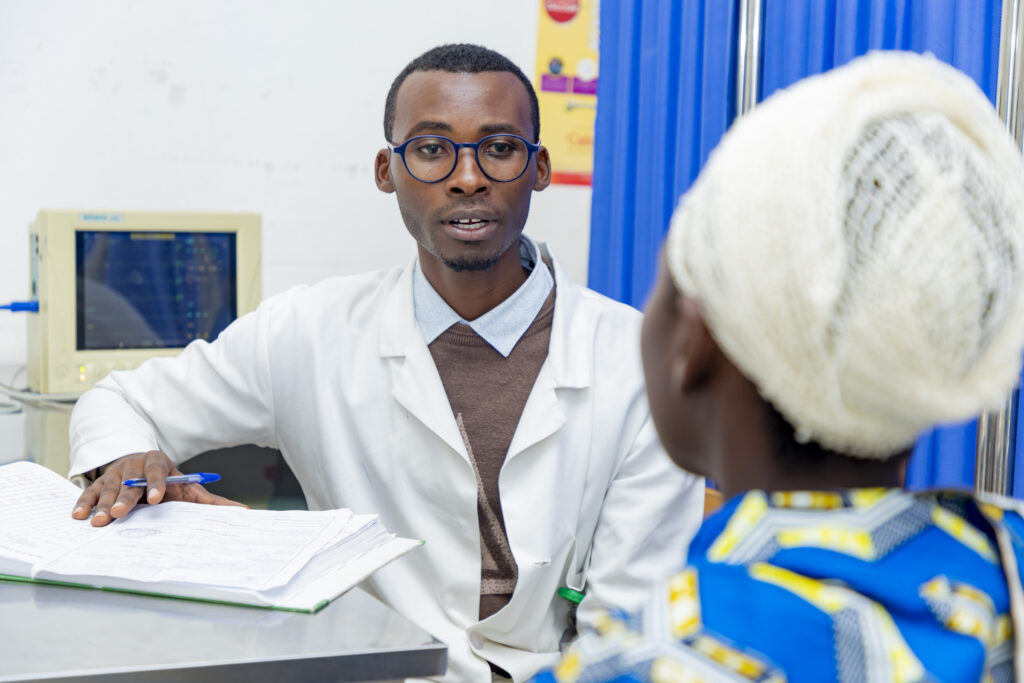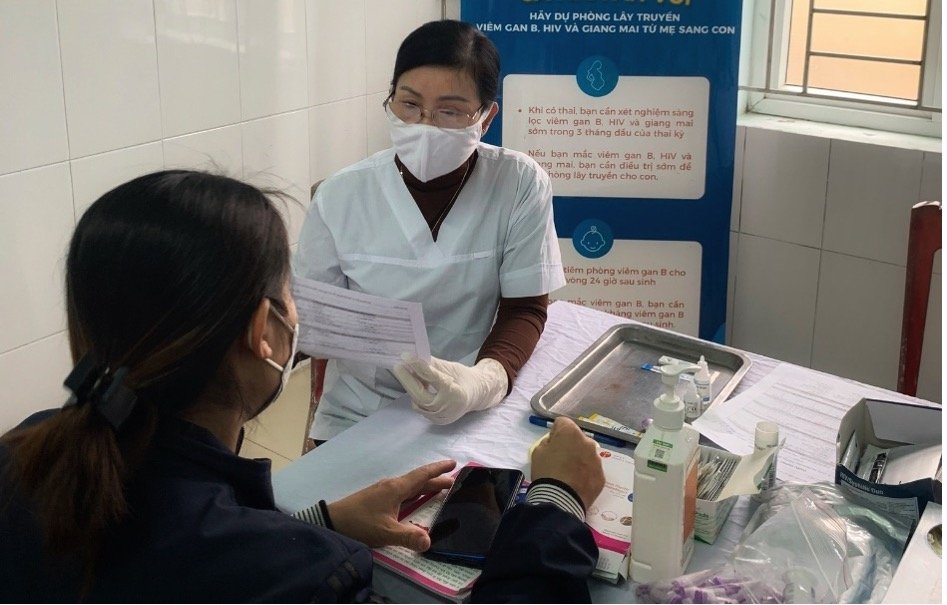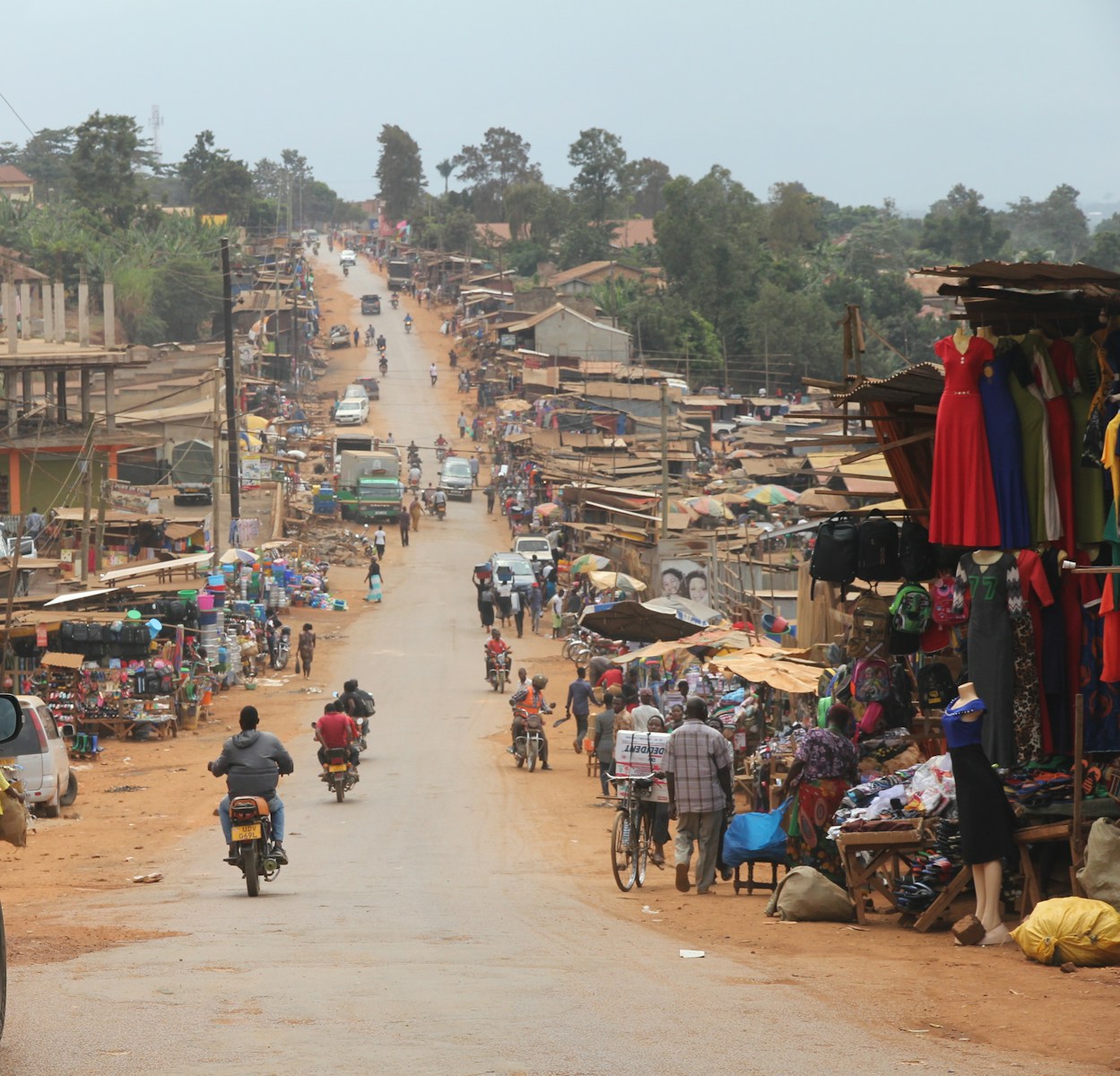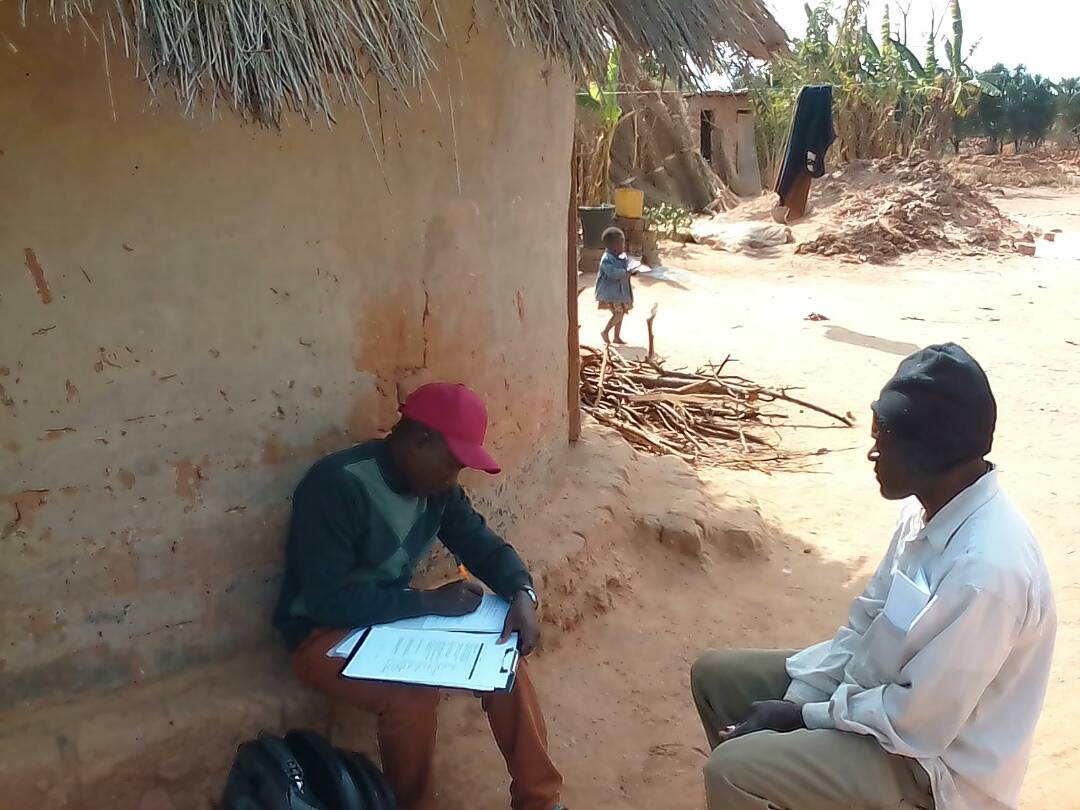
In 2019, 296 million people were living with chronic hepatitis B infection, with 1.5 million new infections annually. A safe and effective hepatitis B vaccine can potentially reduce to zero new hepatitis B infections, yet too many unvaccinated children continue to become infected. The biggest challenge in vaccination coverage is the failure to administer the first vaccine dose within 24 hours of birth. According to WHO, only 43% of children worldwide received a birth dose of the hepatitis B vaccine in 2019.
In Rwanda, approximately 10,000 newborns are at risk of hepatitis B exposure at birth each year. The country has achieved 96% vaccination coverage by age five for children and successfully implemented routine vaccination in adults. However, the hepatitis B birth-dose vaccine (HepB-BD) given within 24 hours of birth has yet to be introduced. Rwanda is now prepared to address this challenge and introduce the birth-dose vaccine with the support of stakeholders.
In partnership with the Canton of Geneva, The Hepatitis Fund (THF) is funding a three-year project in Rwanda to eliminate vertical transmission of hepatitis B. The programme is being implemented by the Clinton Health Access Initiative (CHAI), a global health organization committed to working with governments to save lives and reduce the disease burden in low-and middle-income countries. CHAI has been supporting the Government of Rwanda since 2002 to reach several ambitious public health goals, including viral hepatitis elimination.
In October 2023, the THF team visited Rwanda to evaluate the project as it reached the end of its first year, which was dedicated to training healthcare personnel in district hospitals and antenatal health centres and laying the foundation for the programme’s implementation.
Site visits to Masaka District Hospital and Masaka Health Center provided insights into on-the-ground realities and the pivotal role of local healthcare institutions and staff. THF engaged with dedicated health workers, including nurses and doctors, delving into their daily challenges to understand how the provided training has enabled them to start the project rollout and confidently identify potential roadblocks.
The team also met with experts at the Rwanda Biomedical Center (RBC), engaging in discussions with the Director-General, Professor Claude Mambo Muvunyi, and Hassan Simomana, Director of Vaccine-Preventable Diseases Programmes. This facilitated a comprehensive understanding of the collaborative effort between the government and the project, highlighting the commitment and willingness of the government’s representatives. Building on the success of the COVID-19 vaccination campaign, they expressed optimism in achieving substantial advances towards the elimination of mother-to-child transmission of Hepatitis B and strengthening approaches towards triple elimination of Hepatitis B, HIV and Syphilis.
Strategic Discussions and Progress Evaluation
A key highlight of the visit was a series of meetings with CHAI staff, including Oriel Fernandes, the Senior Director of Viral Hepatitis, and Dr Brenda Kateera, the Country Director of CHAI Rwanda. These sessions were crucial in steering strategic planning, advocacy, and partnership building. THF delved into an update and discussion on the Hepatitis B Virus Prevention of Mother-to-Child Transmission Services Baseline Analysis, understanding the current landscape and initiating interventions. The team also discussed progress and future steps, exploring potential collaboration opportunities that could further amplify the impact of our collective efforts.
Monitoring and Evaluation: Shaping the Path Forward
A pivotal aspect of the visit was the monitoring and evaluation of the project’s implementation after ten months. The first-year focus was on assessing the current situation, training personnel, and producing and disseminating informative communications about hepatitis B for the public. The evaluation laid the foundation for insightful findings and strategic interventions. THF’s collaboration with CHAI involved a thorough review of indicators previously set for reporting, aligning them with the project’s status and relevance. The on-site monitoring and discussions with government officials provided a real-world perspective, enabling us to adjust objectives based on the project’s progress and challenges.
A Positive Outlook: Promising Results and Commitment
As the field visits and discussions unfolded, it became evident that the collaboration between CHAI and the Rwandan government had not only yielded promising results but also showcased a profound commitment to the cause. The dedication of health workers and the alignment of strategies to the most impactful indicators were instrumental in our approach to the best possible outcomes. The monitoring and evaluation process, while highlighting challenges, also underscored the project’s adaptability and resilience.
Photo credit: Olivier Mugwiza/CHAI/THF.


